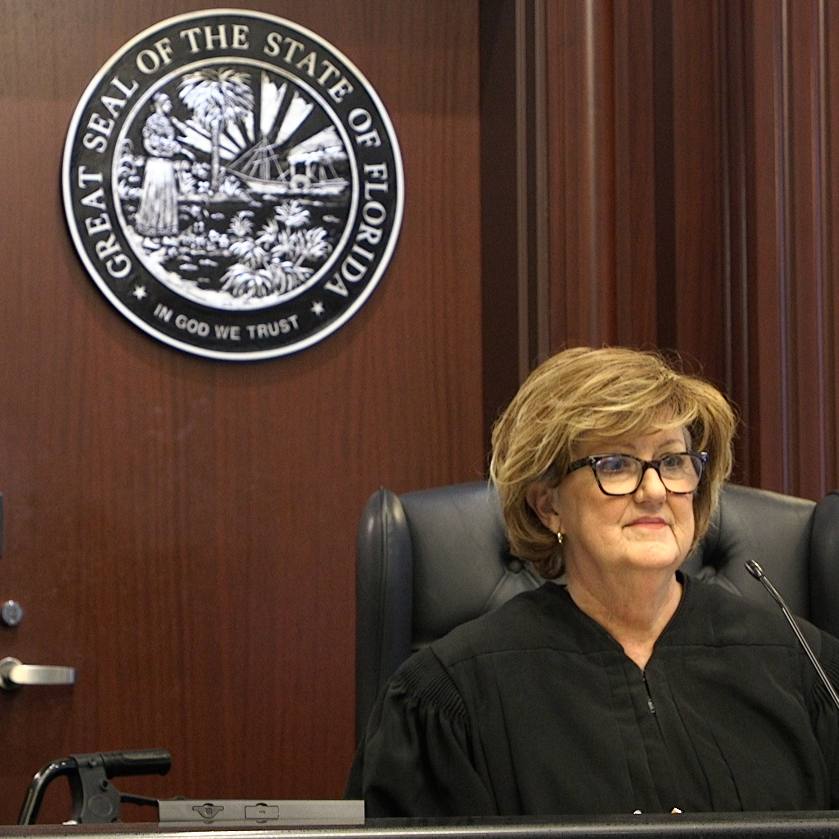
James Benjamin has found a reason to be grateful in each step of his unexpected path to Mayo Clinic and a better option to recover from surgery for kidney cancer.
After talking with James Benjamin, you learn that he is a very grateful man.
First off, James, of Lino Lakes, Minnesota, is grateful for popcorn. If he hadn't eaten some popcorn at the movies last March, he might never have had the abdominal pain, which led him, with his wife's encouragement, to go to a nearby hospital. There, he was diagnosed with diverticulitis triggered by popcorn.
That wasn't all. A few days later, he received a call. The CT scan taken in the emergency department also raised concerns that he might have kidney cancer.
James believes that if it weren't for the popcorn, he would not have been diagnosed at all. As he learned, kidney cancer is hard to detect, with no symptoms in early stages.
The doctors at his local hospital recommended a traditional approach to this diagnosis: removal of the entire kidney through an open incision. James scheduled the surgery.
But then his wife talked to a friend who had just recently spoken with another friend about a urologist at Mayo Clinic Health System in La Crosse, Wisconsin. The friend suggested James get a second opinion from that urologist: Scott Pate, M.D. The friend highly recommended Dr. Pate, so James called Mayo Clinic Health System in La Crosse and scheduled a video appointment with Dr. Pate.
James is grateful for that, too.
Traditional surgery would remove the entire kidney through a larger incision and lead to a longer, more painful recovery and opioids to manage the pain.
Scott Pate, M.D.
The video appointment with Dr. Pate saved James at least four hours on the road, driving back and forth from Lino Lakes to La Crosse, and other travel costs. And since this was during the COVID-19 pandemic, it helped him manage social distancing and protect both him and his care team. And that wasn't all.
"Prior to seeing Mr. Benjamin during the first video appointment, I reviewed his outside records and imaging. The imaging showed a 4 cm mass on his left kidney," says Dr. Pate. "Traditional surgery would remove the entire kidney through a larger incision and lead to a longer, more painful recovery and opioids to manage the pain. He'd have to stay in the hospital for several days and then more time at home recovering."
Dr. Pate had another answer: robotic surgery.
"This surgery could be safely performed robotically," Dr. Pate says. "Robotic technology uses small keyhole incisions, the size of a fingertip to cut out the tumor in the kidney, and then close the incision with suture." After this surgery, the patient could expect to go home the next day.
Dr. Pate shared this information with James during the video appointment and, again, he was grateful.
James canceled the surgery at the local hospital and worked with Dr. Pate's team to schedule the robotic surgery at Mayo Clinic Health System – Franciscan Healthcare.
On the day of the surgery, James and his wife drove to La Crosse. Thirty minutes prior to the surgery, James met Dr. Pate for the first time in person to discuss the procedure and the next steps. The surgery was successful and James was discharged the next day. And, yes, he was grateful.
Mr. Benjamin and his wife only had to travel to La Crosse one day rather than several days. This is how health care should and can be done.
Scott Pate, M.D.
"We'll follow Mr. Benjamin for several years virtually to spare him travel," says Dr. Pate. "We've already had our first post-operative video appointment, and he's doing very well. This kind of interaction — a video appointment as a first encounter — is a real benefit. It minimizes drive time and travel costs for patients in nearby major cities, especially relevant during a pandemic. Mr. Benjamin and his wife only had to travel to La Crosse one day rather than several days. This is how health care should and can be done."
The relaxation of certain state and federal regulations during the COVID-19 pandemic allowed this interaction to occur.
"This is just one of many examples showing the need to manage federal and state regulations to make it easier for patients to get the kind of care they need and want through telehealth connections," says Steve Ommen, M.D., medical director of Mayo Clinic's Center for Connected Care.
Certainly, James Benjamin is grateful. He's grateful for popcorn, friends, video connections, robotic surgery and Dr. Pate.
As he put it, after this health care journey, "I feel great, and I'm grateful."







